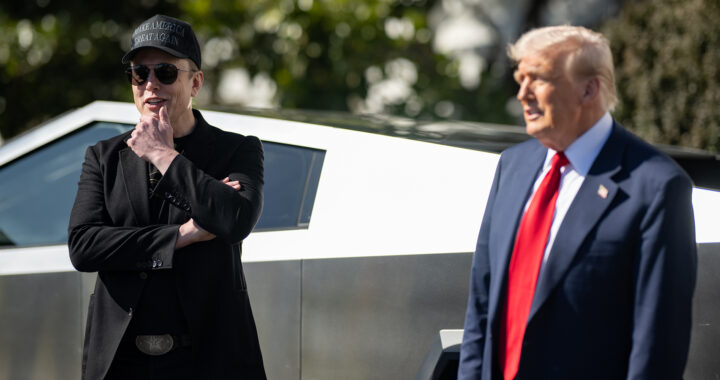Tesla’s brand loyalty has suffered a significant collapse following Elon Musk’s public endorsement of Donald Trump in mid‑2024, according to data from S&P Global Mobility. The electric car manufacturer, once leading the automotive industry with an exceptionally high repeat purchase rate, has experienced an unprecedented decline, raising concerns about consumer confidence and long‑term competitive positioning.
In June 2024, Tesla recorded a repeat purchase rate of 73 percent, the highest among United States automakers. However, by March 2025, loyalty plummeted to 49.9 percent, briefly falling below the overall industry average. Although the figure partially recovered to 57.4 percent in May 2025, it remained well below Tesla’s historic levels and behind rivals like Ford and Chevrolet.
Industry analysts describe this drop as unparalleled in recent automotive history. Tom Libby of S&P Global Mobility stated that he had never witnessed such a rapid loyalty decline within the sector. Many experts attribute this shift not only to political polarization surrounding Musk’s public statements but also to growing competition in the electric vehicle market.
Tesla faces increasing challenges from established automakers such as General Motors, Hyundai, and BMW, which are expanding their electric vehicle lineups. Meanwhile, Tesla’s core product offerings have aged, and anticipated releases like the Cybertruck have failed to meet expectations. These dynamics have eroded Tesla’s ability to retain customers amid evolving consumer preferences and competitive pressure.
Sales data further illustrate the company’s struggles. In the United States, Tesla’s sales dropped approximately eight percent during the first five months of 2025. European markets showed even steeper declines, with sales plunging thirty‑three percent in the first half of the year. This weakness highlights the impact of political controversies and market competition on Tesla’s global performance.
Despite this downturn, Tesla’s board recently approved a 29‑billion‑dollar share award for Musk. The award, designed to retain his leadership amid legal disputes over prior compensation, grants him 96 million restricted shares vesting in 2027. The decision underscores Tesla’s dependence on Musk, even as his personal brand becomes increasingly polarizing among both investors and customers.
Broader implications of this loyalty collapse extend beyond Tesla itself. Analysts warn that Musk’s growing political profile poses a key‑person risk, where his public persona overshadows Tesla’s mission to accelerate electric mobility. Some studies also suggest that political controversies have dampened enthusiasm for electric vehicles among liberal consumers, potentially slowing broader adoption of clean transportation technologies.
